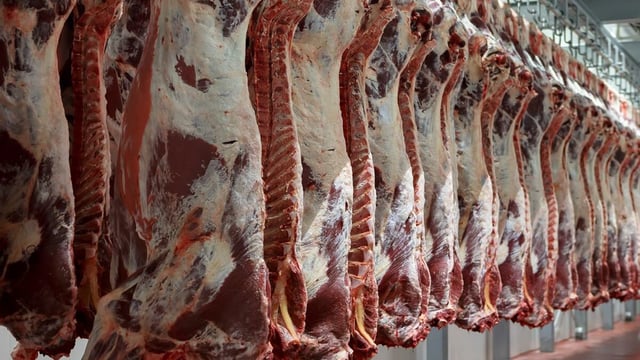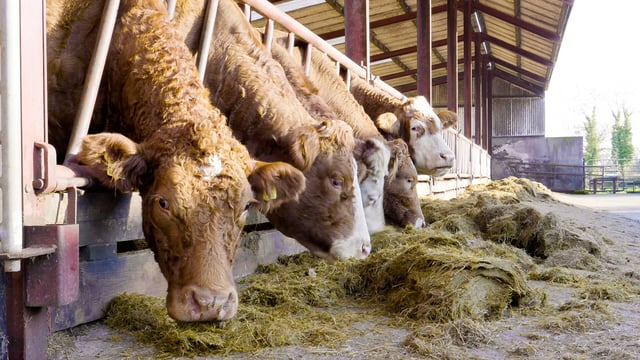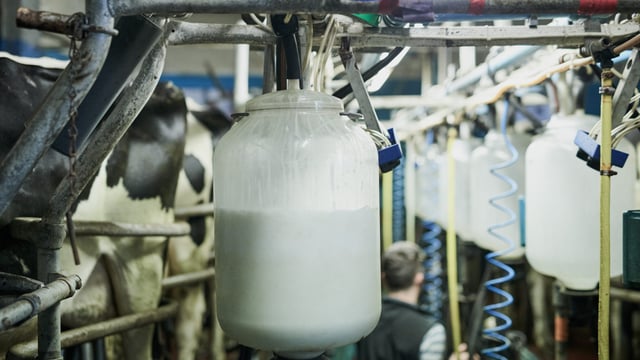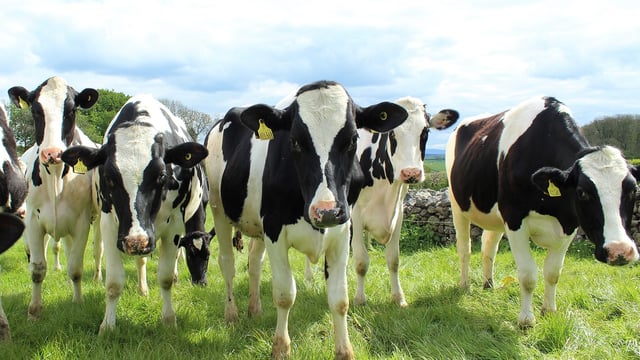Foot-and-mouth: DAFM urges public vigilance after Hungarian case
The Department of Agriculture, Food and the Marine has called on members of the public who may have recently been in countries where foot-and-mouth disease is present to help protect livestock in Ireland.
It comes after Hungary confirmed its first case of foot-and-mouth disease in 50 years on Friday (March 8).
In a social media post, the department said that anyone who has recently been in a country where the disease is present, or if they visited any livestock farms, wildlife areas or zoos while in a foreign country, should take certain precautions.
There has been an outbreak of Foot-and-mouth disease in Hungary. Movements of susceptible live animals, their products and passengers carrying contaminated material could bring the disease into Ireland. Please be vigilant and adhere to the advice below. 👇https://t.co/Q0X3neNzeG pic.twitter.com/UY52dftiLh— Dept of Agriculture, Food and the Marine (@agriculture_ie) March 8, 2025
Such people should not bring any meat or dairy products onto Irish farms, and should dispose of such food products carefully in secure bins.
People are also asked to not make contact with livestock farms or wildlife areas for the next two weeks.
Following the confirmation of the disease in a 1,400-head farm last week, Hungarian authorities have moved to introduce strict biosecurity and control measures.
The authorities have asked that all animal owners in the country to report any symptoms immediately after they are noticed.
Symptoms of the disease appeared on the farm in Kisbajcs - a village in the northwest of the country, close to the border with Slovakia - in early March.
An immediate lockdown was ordered on the farm affected by the outbreak, and the culling of the herd is underway.
The veterinary authorities have started an investigation and has set up a 3km protection zone and a 10km surveillance zone around the farm, in which the census and screening of susceptible animals have begun. The diagnostic tests are carried out at state expense.
Hunting is also prohibited within the protection and surveillance zones.
Throughout the county (Gyor-Moson-Sopron) where the outbreak occurred, it will be prohibited to hold any event featuring susceptible animal species until March 17, and tourist sites that keep susceptible animals, including zoos and wildlife parks, will not open until further notice.
Hungary's government said that, after losing its status of being free of foot-and-mouth disease, its export market is "significantly narrowing".
The authorities called on all animal keepers, live animal traders and transporters to behave responsibly and co-operate with the animal health authorities.
The carcasses of the cattle being culled will be disposed of by burial rather than incineration, as this is the method with the lowest epidemiological risk, according to Hungary's National Food Chain Safety Authority.
The burial of carcasses will be carried out at a suitable location close to the affected premises.
The authorities said that long-distance transportation of the carcasses would pose a higher risk of spreading the infection, rather than burying them close to farm.
A private company which disposes of animals and animal by-products has been engaged to carry out the task. This company will carry out the work with separate staff and vehicles from those it uses in its day-to-day activities.











